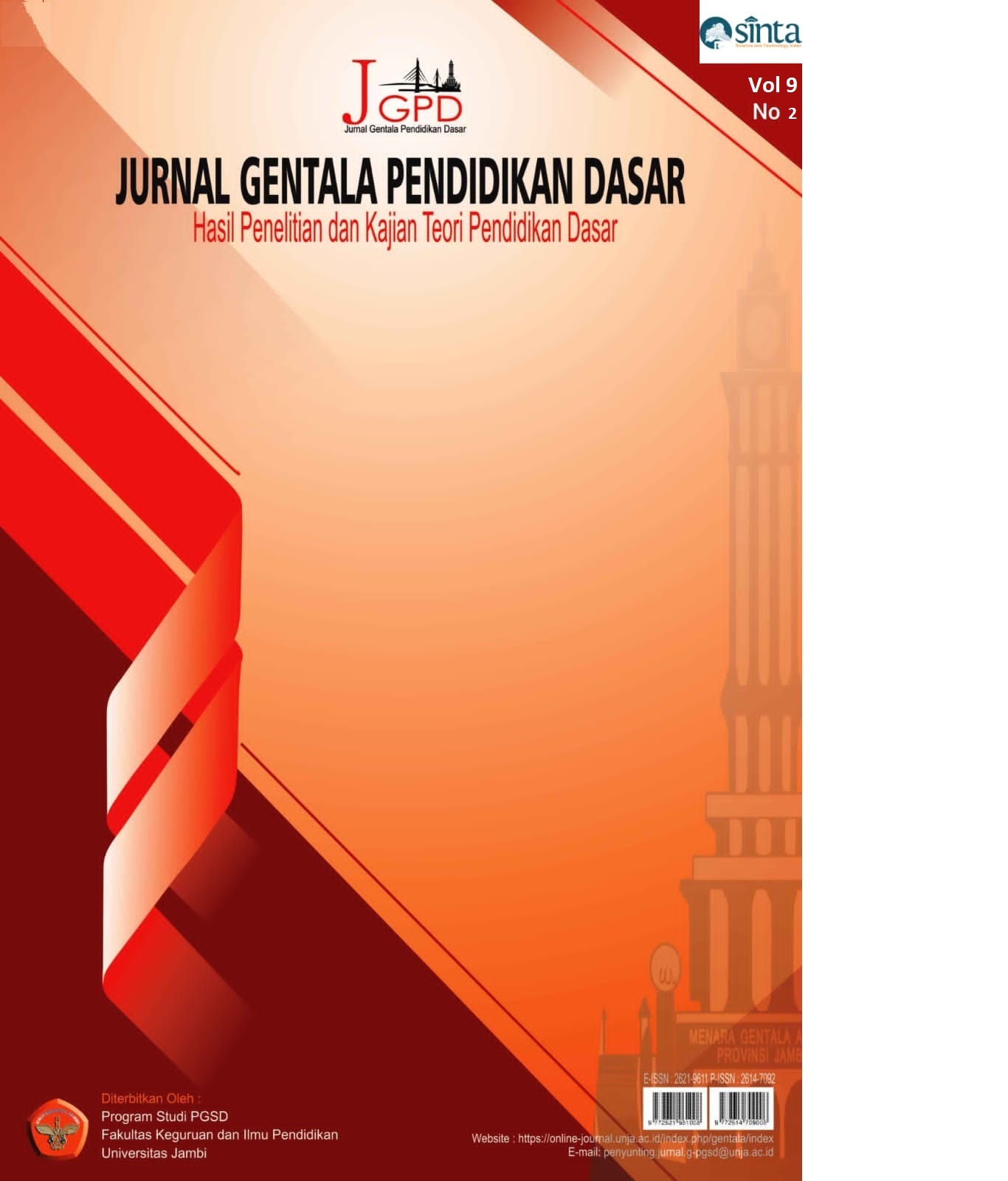Didactical Situations in Ethnomathematics Learning
A Case Study on Addition, Subtraction, Integers, and Fractions Using Sundanese Traditional Games
DOI:
https://doi.org/10.22437/gentala.v9i2.39821Keywords:
Didactical Situations, Ethnomathematics, Traditional Games, Mathematics Education, Sundanese CultureAbstract
The purpose of this study is to analyze the didactical situations experienced by elementary school students when learning mathematics through traditional games. The traditional game examined is the egg game from Sundanese culture in West Java, Indonesia. This qualitative study involved 524 students from grades 1 to 6 in elementary school and grade 1 in junior high school during the initial stages of didactical design. The revised didactical design stage involved 304 elementary school students. Data collection instruments included learning obstacle tests, worksheets, documentation, and observations. The findings revealed epistemological obstacles in understanding mathematical concepts such as addition, subtraction, integers, and fractions. Through iterative didactical design and revisions, ethnomathematics-based teaching materials incorporating the egg game were developed, demonstrating alignment between teacher predictions and student responses. The results suggest that traditional games can serve as effective tools to make mathematics learning more engaging, accessible, and culturally relevant
Downloads
Downloads
Published
How to Cite
Issue
Section
License
Copyright (c) 2024 Supriadi Supri

This work is licensed under a Creative Commons Attribution-NonCommercial-ShareAlike 4.0 International License.




















